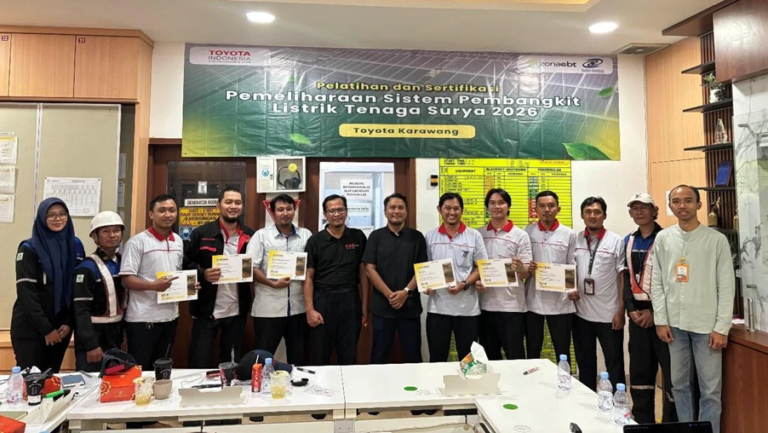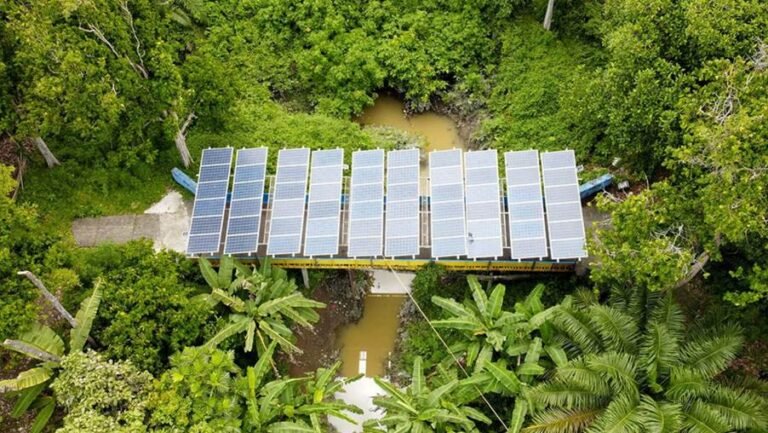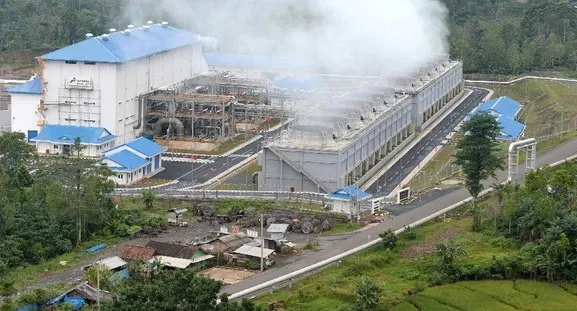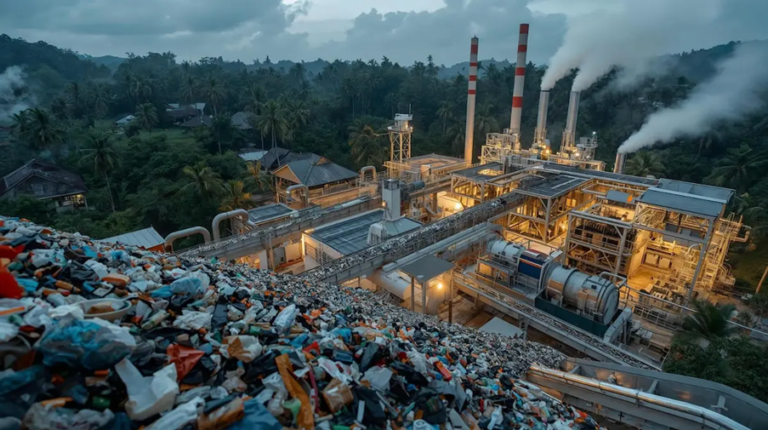- Biomass is one of the energy sources that can be used to produce environmentally friendly energy.
- Recently, Mitsubishi Power submitted a policy proposal to the Government of Indonesia to promote the adoption of biomass co-combustion in thermal power plants in Indonesia.
- The collaboration between Mitsubishi Power and the PLN Group and ITB was carried out to explore innovative decarbonization solutions.
Biomass is one of the energy sources that can be used to produce environmentally friendly energy. Generally, biomass is used as a fuel energy source. Biomass can come from plants, trees, grass, sweet potatoes, agricultural waste, forest waste, feces, and livestock manure. Later, it will be processed using certain technologies to produce energy.
Recently, Mitsubishi Power presented a policy proposal to the Government of Indonesia to promote the adoption of biomass co-firing in thermal power plants in Indonesia. In September 2020, the MoU was signed by the industry-academic collaboration team. The team includes Mitsubishi Power, PT. PLN (Persero), two subsidiaries (PT. Indonesia Power and PT. Pembangkitan Jawa-Bali), and the Bandung Institute of Technology (ITB).
Currently, the Indonesian government is implementing an energy policy to increase the proportion of renewable energy in the national energy mix to 23% by 2025. This is as part of its target to achieve carbon neutrality by 2060. To support this policy, the proposed proposal states that it promotes burning of biomass in Indonesia. Where thermal power accounts for a high percentage of the country’s power generation mix, it is the optimal short-term option for realizing the country’s goals. The proposal outlines the necessary initiatives and the challenges that need to be addressed in promoting the adoption of biomass co-firing.
Read more:
In formulating the proposal, the five MOU signatories collaborated on selecting the appropriate biomass fuel components. Then determine the scope of the required facility renovation and conduct an economic evaluation. The proposal integrates the expertise of the PLN Group in operating various thermal power plants in Indonesia. In addition, the proposal also integrates Mitsubishi Power’s biomass co-firing technology. The proposal also reflects the local policy analysis and biomass fuel market research conducted in Indonesia under the leadership of ITB.
According to the President of PT. Mitsubishi Power Indonesia, systematic exploration of various energy sources is needed for Indonesia’s clean energy goals. Biomass is a renewable, low-carbon fuel source. As a valuable renewable resource in Indonesia, it has the potential to drive the country’s energy transition in the near future.
The collaboration between Mitsubishi Power and the PLN Group and ITB was carried out to explore innovative decarbonization solutions. This can support Indonesia in realizing a more sustainable and secure energy future.Components of wood pellet fuel and potential biomass fuels are available in abundance. And since biomass fuel can be obtained stably at a low cost in Indonesia, it is proposed in this plan. In addition to the potential for stable procurement, fuel components are also proposed based on their suitability for use in existing facilities and economic considerations. A supply chain study was also conducted.
Read more:
As candidates for facility renovation, two existing plants were considered: Paiton Unit 1 Power Plant in East Java and Suralaya Power Plant Unit 2 in West Java. The policy proposal to promote the use of biomass co-firing in Indonesia was submitted after the study was conducted at the two facilities.
Based on the proposal presented, Mitsubishi Power will conduct grindability and flammability tests at the MHI Research & Innovation Center (Nagasaki) on biomass fuels that are considered promising in terms of volume and latent composition.
Mitsubishi Power will continue to support the adoption of biomass co-firing. It will also ensure sustainable use of Indonesia’s abundant forest resources and excessive agricultural residues. Going forward, Mitsubishi Power will continue to work closely with the Indonesian and Japanese governments, the PLN Group, and ITB to support Indonesia in achieving its decarbonization goals.
References:
[2]Mitsubishi Power presents biomass co-firing proposal to Indonesia












